Safety and guidelines
Yoho National Park
We rarely head out for an adventure with the expectation that something will go wrong, and most times everything will go right. But sometimes the unexpected happens.
Natural hazards are a part of the national park experience. You can reduce the impact of an unfortunate circumstance by being well informed and well prepared. Safety is everyone's responsibility.
For general information on how to stay safe when enjoying the outdoors visit AdventureSmart.ca. For important information about safety while enjoying Yoho National Park, explore the topics below.
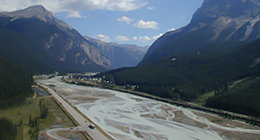
Driving
We all drive. Which is part of why accidents are more likely to happen behind the wheel than anywhere else. Follow these simple tips for a safe and fun road trip.
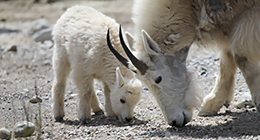
Wildlife
Any encounter with a wild animal is thrilling. Here is how to ensure your safety and theirs.
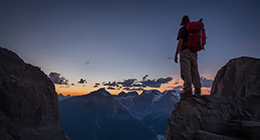
Hiking
A little preparation can prevent a small setback from ruining your day or your trip. Follow these tips to have a day you will never forget… in a good way.
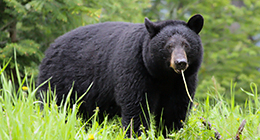
Camping
The "Bare" Campsite program is in place for your safety, and to help keep the wildlife in our National Parks alive and wild.
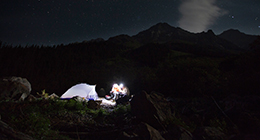
Park regulations
In Canada, national parks enjoy special protections that may differ from other protected places. Please know “what not to do” in a national park.
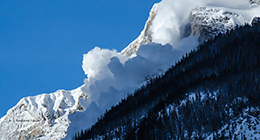
Avalanches
You don’t need to walk far to be in avalanche terrain where training, skills and equipment (i.e. beacon, probe and shovel) are essential.
Safety is everyone's responsibility. At Parks Canada, we do our part to make sure you can have a safe visit by assessing the risks, managing hazards, and making sure that safety information is freely available to everyone. You can do your part by seeking out the information you need to stay safe and make well informed decisions while enjoying these special places. Visit our websites and stop at a Visitor Centre for the most up to date information. Make sure you are fully prepared for whatever activities you choose to participate in so you can have a safe, enjoyable and memorable visit.
In case of emergency: Dial 911.
Cell coverage is limited outside Field and there is no WiFi in the park.
Backcountry beacons: Devices such as "SPOT" or "inREACH" and satellite phones are often the only devices that work in the backcountry. Your adventure is not the place to learn how to use your emergency device. Be familiar with it and understand the difference between the “SOS/Emergency” and “Messaging” functions. Pre-enter your messages and tell your contact person how to reach Parks Canada in case of an emergency.
Reporting wildlife: Identify the species with care and note the animal’s description, behaviour and location. Call Park Dispatch at 403-762-1470. Available 24 hours a day, 7 days a week.
- Date modified :